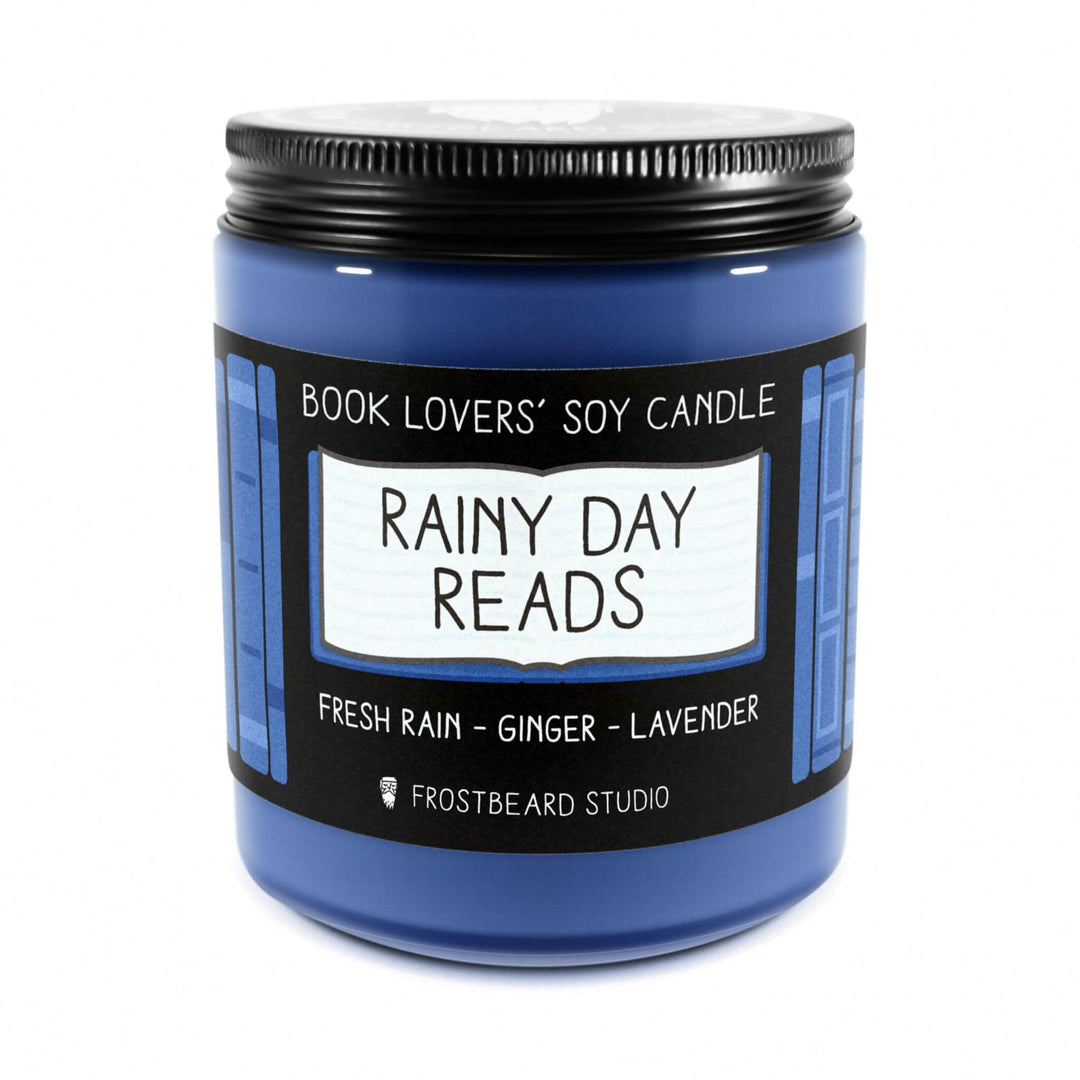The Hidden Message: Discovering the Theme in Literature
If you're asking, "what is the theme of the book?", here’s the quick answer: the theme is the central idea or underlying message that connects all parts of a narrative.
When diving into literature, understanding the theme of a book is crucial. A theme goes beyond the plot to explore deeper meanings and fundamental truths about life, society, or human nature. It's the core idea that shapes the actions, conflicts, and resolutions in a story.
Themes in literature are often revealed through various literary tools such as symbolism, motifs, and character development. These tools help authors convey their message in a nuanced and memorable way. For instance, in George Orwell's Animal Farm, the farm itself is a symbol of a totalitarian state, enriching the theme of power and corruption.
I'm Roxie Lubanovic, with a background in English Literature and a penchant for exploring thematic depths in classic and contemporary works. I'm here to help you steer the fascinating world of literary themes.
1. It's the central idea or main message.
2. Explored through plot, characters, and literary tools like symbolism and motifs.
Learn more about what is the theme of the book: - common themes in literature - what are some literary themes - what is theme in literary terms
What is the Theme of the Book?
Understanding Theme vs. Main Idea
When diving into literature, understanding the theme of a book is crucial. A theme goes beyond the plot to explore deeper meanings and fundamental truths about life, society, or human nature. It's the core idea that shapes the actions, conflicts, and resolutions in a story.
Themes in literature are often revealed through various literary tools such as symbolism, motifs, and character development. These tools help authors convey their message in a nuanced and memorable way. For instance, in George Orwell's Animal Farm, the farm itself is a symbol of a totalitarian state, enriching the theme of power and corruption.
How to Identify the Theme of a Book
Identifying the theme of a book involves looking at the story from different angles and asking specific questions throughout your reading journey. Here’s a simple guide to help you find the theme:
Before Reading
- Read the Title: Often, the title gives a hint about the book's main idea or theme.
- Think About Common Themes: Familiarize yourself with common literary themes like love, courage, and perseverance.
While Reading
- Look for Repeated Elements: Pay attention to recurring symbols, motifs, or phrases. For example, in Harry Potter and the Philosopher's Stone, the repeated references to the Philosopher's Stone highlight themes of immortality and the quest for eternal life.
- Observe Character Actions and Decisions: Characters’ reactions to obstacles and their growth can provide clues to the theme. In To Kill a Mockingbird, Atticus Finch’s fight for justice in a biased society emphasizes themes of moral integrity and societal flaws.
After Reading
- Reflect on Character Growth: Consider how the characters have changed and what they have learned. What important decisions did they make? How did they react to challenges?
- Think About the Story’s Message: What lesson or moral did the story convey? For instance, in The Great Gatsby, the theme of the American Dream explores aspirations and societal expectations.
By asking these questions and paying attention to the story’s details, you can uncover the deeper messages and themes in any book you read.

Transform Your Reading Nook
With Frostbeard Studio’s products, your reading nook becomes a sanctuary. Lighting a candle not only sets the mood but also helps you connect more deeply with the characters and their journeys. The right scent can make plot twists more thrilling and emotional moments more poignant.
Explore our literary-inspired candles and transform your reading experience today. Let the power of fragrance bring your favorite books to life, creating a truly unforgettable literary trip.
By recognizing and understanding themes, you can uncover the hidden messages in literature and gain a richer reading experience. And with Frostbeard Studio, you can make that experience even more magical. Happy reading!








